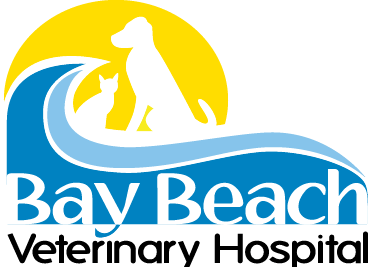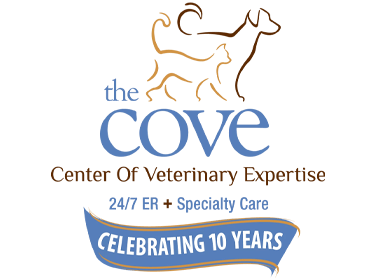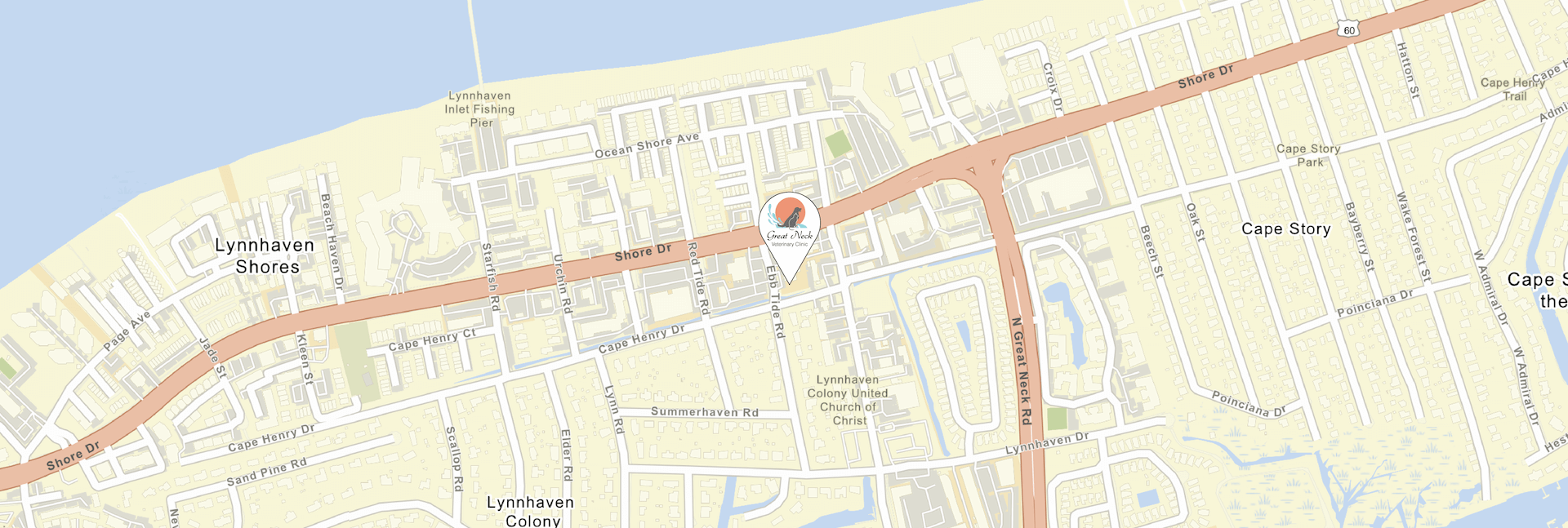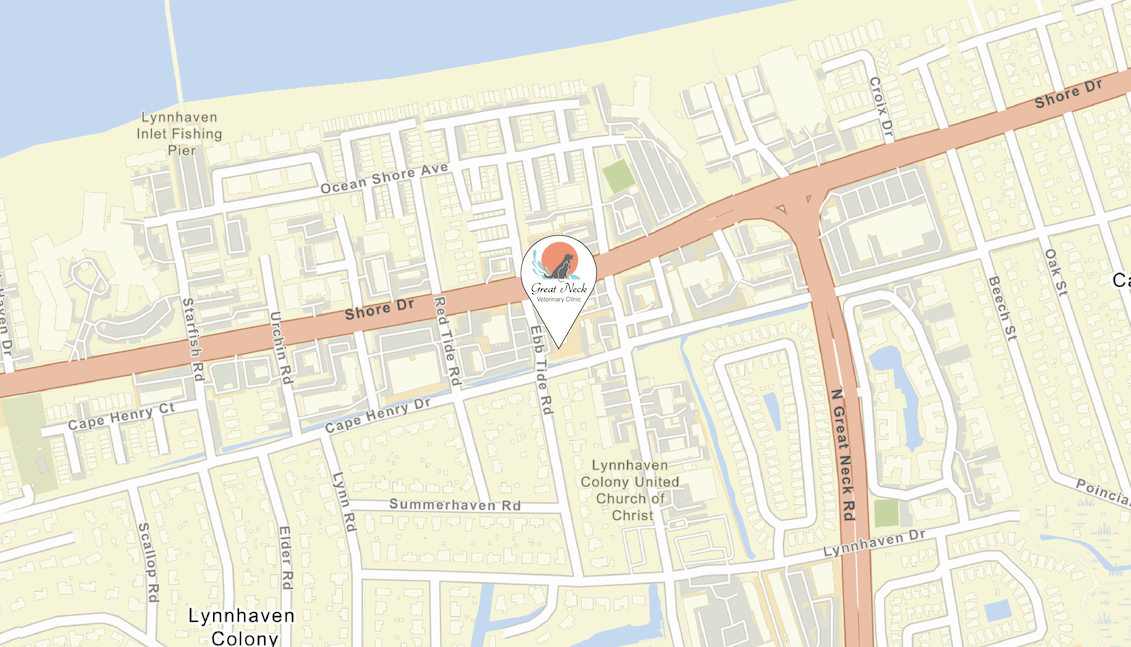The Importance of Leptospirosis Vaccines

The American Animal Hospital Association’s (AAHA) Canine Vaccine Guidelines remind us that not all pets are alike. That’s why vaccine selections need to be individualized, with due consideration for factors such as age, health status, geographic area, travel, and exposure risks.
In honor of National Immunization Awareness Month, we want to help educate you on the importance of vaccines and give you some more insights into what we’re vaccinating against. This week, we want to talk about Leptospirosis.
What is Leptospirosis?
Leptospirosis is caused by a spiral shaped bacteria known as spirochetes. The subspecies that causes Leptospirosis is called Leptospira interrogans. There are about 250 serovars (or strains) of Leptospira interrogans, but at this time the vaccine for dogs protects against the four most common serovars.
Leptospires can survive for several months in the soil as long as they do not come into contact with direct sunlight or they do not freeze. After entering the soil, the bacteria readily washes into puddles, streams, and other bodies of water. The most common way for Lepto to be introduced to the soil is through the urine of wildlife, especially rats and raccoons.
It is very important to know that Leptospirosis is one of the two zoonotic (people can be infected by their pets) diseases for which we can vaccinate your dog. The only other one is Rabies. This means that by vaccinating your dog, you are protecting your entire family!
How can your dog get Leptospirosis?
Most commonly dogs are infected by leptospires when skin is exposed to infected urine or contaminated water. The bacteria quickly enter the bloodstream and spread throughout the body and distributes to multiple organs. Which organs are most affected can be dependent on which serovar your dog is infected with, how old your dog is, and the level of immunity of your dog. The primary organ most typically affected is the kidneys. The leptospires settle in the kidneys and begin to reproduce, which leads to inflammation and eventually kidney failure in 90% of infected patients.
What are the signs of Leprospirosis?
Leptospirosis can have devastating effects on your pet’s health. If you notice any of the following signs, please be sure to contact us immediately.
- Sudden fever and illness
- Sore muscles, reluctance to move
- Stiffness in muscles, legs, stiff gait (joint pain)
- Depression
- Lack of appetite
- Increased thirst and urination, may be indicative of renal (kidney) failure, progressing to inability to urinate
- Vomiting, possibly with blood
- Diarrhea – with or without blood in stool
- Dark red speckled gums (petechiae)
- Yellow skin (jaundice)
The most common symptom of Leptospirosis related kidney failure is a significant increase in water consumption 1-2 weeks after an unexplained fever or illness.
Younger animals can be more severely affected. Recovered animals may shed leptospires for months after being treated.
How can you prevent Leptospirosis?
Vaccination is an important part in preventing your dog from getting Leptospirosis. While there is a vaccine that only prevents two serovars, the vaccine that we offer protects against all four serovars.
We recommend vaccinating all dogs for Leptospirosis due to the many bodies of water that surround us.
Initial vaccination is a series of 2 injections 3-4 weeks apart. Once the series is completed an annual vaccine is required. We recommend puppies start their series at eight weeks of age.
The vaccine that we offer is guaranteed by the manufacturer as long as your dog stays current on vaccination. This means that the company will pay for any diagnostics and, if necessary, treatment.
Other important parts of prevention are controlling the rodent population and, if possible, removing standing water from your yard.
Here at Great Neck Veterinary Clinic, we are committed to the well-being of you and your pet. We strive to provide the best care possible, at all times. We feel ALL canine patients should get these vaccines. Please feel free to contact our office at (757) 481-2800, or email us to make an appointment.










